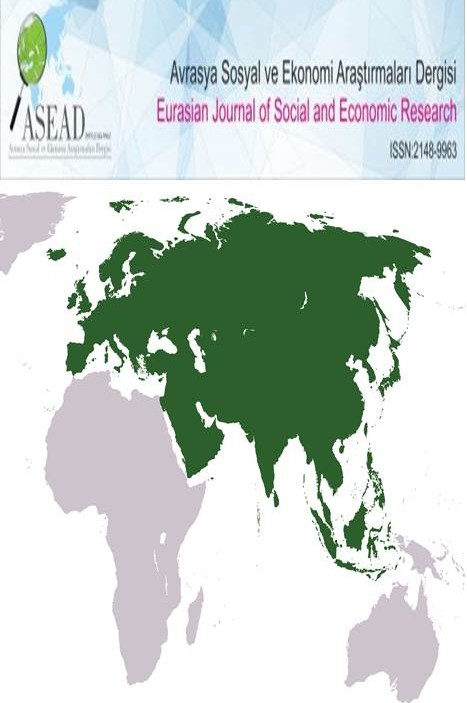MODERN APPROACHES TO PROFESSIONAL ACTIVITY OF THE TEACHERS IN EDUCATION
reflection, divergent thinking, competences
___
- Gordon P. Teaching as a graduate profession, 1890-2000 // in J. Wilkes (ed.). The professional teacher. -Leicester: History of Education Society,2001. -P. 77 -96
- Shulman L.S. Knowledge and teaching: foundation of the new reform // Harvard Educational Review. –2007. –57 (1). –P. 1 –22
- In-service training and educational development: an international survey/ Ed. D. Hopkins. –London: Croom Helm, 2006. –334 p.
- Wragg E.C. Training teachers to teach mixed ability groups// Handbook of teacher training in Europe. –London: Fulton Publishers, 2004. –P. 53-68
- Competence-based education: from theory to practice / Bibik N. M. ErmakovI.G, Ovcharuk O. V. and others – K. : A galaxy, 2005. –120p
- E. Bondarevskaya . Vospitanie kak vstrecha s lichnostyu. [Education as a meeting with the person. / E. Bondarevskaya // Selected pedagogical works in two volumes.- Rostov-on-Don]. 2006. Vol 11- 126 p.
- E.Bondarevskaya. Teoriya i praktika lichnostno-orientirovannogo obrazovaniya. [Theory and practice of student-centered education. - Rostov-on-Don].2000-154 p
- Karpov A.V. A.V. Management psychology: Training manual - M.: Gardariki, 2005. p. 54-59
- Sitnikova M. I., Tarassova S. I. Structural and functional management model of quality education in the conditions of innovative development of a higher education institution"//Pedagogical education in Russia, No. 2, 2012 page 23
- Yayın Aralığı: Yılda 4 Sayı
- Başlangıç: 2014
- Yayıncı: İrfan TÜRKOĞLU
MÜHENDİSLİKTE SORUMLULUK VE ETİK
GÜNÜMÜZ ÖĞRENCİLERİNDE KARİYER KARARI ÖZ-YETERLİĞİ
Hakkı DEMİRCİOĞLU, Özden ÖZDEMİR, Hüseyin ÖZBEN, Esma YILMAZ
TÜRK BASININDA 10 HAZİRAN 1930 TÜRK-YUNAN İTİLAFNAMESİ
THE FIFTH FORCE OF PSYCHOLOGY: NAFS PSYCHOLOGY
EBEVEYN GÖZÜNDEN İKİ DİLLİ OLMANIN ÇOCUĞUN İLETİŞİM BECERİSİNE ETKİSİ
Saadettin ÖZDEMİR, Mehmet YILDIRIM
TÜRK BORÇLAR KANUNU m. 114/II ATFI ÇERÇEVESİNDE SÖZLEŞMEYE AYKIRILIKTAN DOĞAN HAKKANİYET SORUMLULUĞU
MEDYANIN ORGAN BAĞIŞINA YAKLAŞIMI: 2011-2022 YILLARI ARASINDA YAYINLANAN HABERLERDE ÇERÇEVELEME
Sezin SAN SUNGUNAY, Özcan YAĞCI
ORTAÖĞRETİM ÖĞRENCİLERİNDE DUYGUSAL ZEKÂNIN GÖSTERİŞÇİ TÜKETİM DAVRANIŞI ÜZERİNDEKİ ETKİSİ
